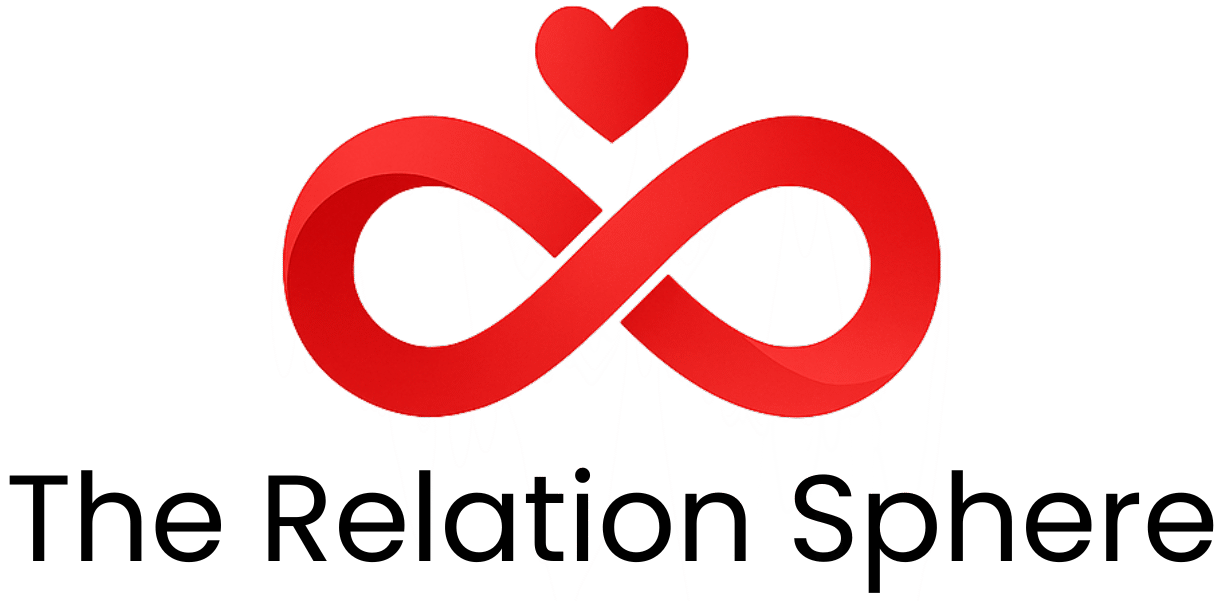1. Introduction
Recognizing that you have been the toxic one in your relationships can be an eye-opening and challenging realization. However, this acknowledgment is the first vital step toward self-awareness and meaningful personal growth. Addressing toxic behavior patterns requires honest reflection, unwavering commitment, and a genuine willingness to change. In this comprehensive guide, we will explore detailed and practical steps on what to do when you’re the toxic one and how embracing growth through self-awareness can lead to transformative improvements in your life and connections with others. For those seeking to deepen their understanding, exploring resources like The Seven Principles for Making Marriage Work can provide valuable insights into healthy relationship dynamics.
2. Understanding Toxicity and Its Impact
Before embarking on the journey to self-improvement, it’s essential to fully understand what constitutes toxic behavior. Toxic traits can manifest as manipulation, persistent criticism, emotional withdrawal, or frequent anger outbursts. Such harmful behaviors damage not only your relationships but can also stifle your personal development. Recognizing the severity of these impacts, including the potential strain on emotional well-being, helps motivate change. Incorporating tools like The Inner Work of Relationships can assist in healing inner wounds that contribute to toxic tendencies, thus fostering healthier interactions.

3. Recognize Your Toxic Tendencies
The first crucial step in overcoming toxic traits involves honest self-assessment. Take dedicated time to reflect on your behaviors, attitudes, and patterns that may be detrimental to your relationships and personal growth. Implementing tools like journaling or self-monitoring can be especially effective in identifying recurring issues. Consider using Love & Respect as a resource to help understand what your partner truly needs and how your actions may have been misaligned with healthy love and respect. Recognizing these tendencies enables you to create a more intentional path toward change.
Tips for recognizing toxic tendencies:
- Notice recurring conflicts or tension in your relationships
- Reflect on the feedback from trusted friends or family members
- Observe your emotional reactions during disagreements
- Keep a journal to track thoughts, triggers, and behaviors
4. Practice Self-Awareness and Accountability
Developing self-awareness involves observing your behaviors with honesty and without judgment. Embracing a mindset of personal accountability is essential for genuine growth. Recognize that your actions influence your relationships, and taking responsibility fosters trust and authenticity. Engaging with mental health professionals or relationship coaches, such as those recommended at How to Love Without Losing Yourself, can provide guidance and support on this path. Building awareness also includes understanding the importance of consistent self-reflection, which helps identify progress and areas needing improvement.

5. Apologize and Make Amends
Once you recognize your toxic behaviors, the next vital step is to offer sincere apologies to those you may have hurt. A genuine apology demonstrates humility and a willingness to change. Be specific about what you’re apologizing for, acknowledge the impact of your actions, and communicate your commitment to growth. Coupling apologies with proactive steps—like engaging in Love More, Fight Less—can foster healing and re-establish trust in your relationships. Remember, actions speak louder than words, so backing up your apologies with consistent behavioral improvements is key to lasting change.
6. Commit to Personal Growth and Behavioral Change
Toxicity often stems from unresolved internal issues or unhealthy habits. Committing to personal growth through self-awareness involves establishing clear, achievable goals such as enhancing communication, practicing patience, or managing anger effectively. Utilizing tools like Couples Edition – 50 Scratch-Off Date Night Ideas can help foster positive interactions and growth with your partner. Remember, meaningful change is a gradual process that demands patience, persistence, and ongoing effort. Resources like Risky Couples – Super Fun Couples Game can make this process engaging and fun, encouraging vulnerability and connection.

7. Build Healthy Relationships
As you work diligently to overcome toxic behaviors, focus on cultivating healthy, supportive relationships. Surround yourself with individuals who inspire growth, hold you accountable, and foster mutual respect. Better communication plays a pivotal role—practicing how to love without losing yourself ensures you maintain your sense of identity while nurturing your connections. Implement strategies like active listening, setting clear boundaries, expressing gratitude regularly, and seeking constructive feedback, which are all fundamental in building trust and emotional safety.
Strategies for healthier interactions include:
- Practice active listening when others speak
- Set and communicate boundaries in a respectful manner
- Show appreciation and gratitude often
- Encourage and accept constructive feedback graciously
8. Self-Care and Ongoing Self-Reflection
Sustaining your personal growth requires consistent self-care and ongoing self-reflection. Engage in practices such as meditation, physical activity, or hobbies that foster emotional resilience and clarity. Remember that growth is a continuous process—regularly assess your behaviors and celebrate your milestones. Incorporate resources like Yoga Retreats in Big Sur or Meditation Retreats in Ubud, Bali for rejuvenation that enhances your path to emotional well-being and personal development.
9. FAQs About Overcoming Toxic Traits Through Self-Awareness
Q: How long does it typically take to change toxic behaviors?
A: The duration varies based on individual circumstances and the severity of toxic traits. Consistent conscientious effort, coupled with self-awareness practices, can lead to meaningful change within a few months. However, true transformation is ongoing and requires patience and perseverance. Using tools like The Seven Principles for Making Marriage Work can accelerate understanding and growth.
Q: Can a person completely overcome toxicity?
A: Absolutely. With dedication, honest self-awareness, and sometimes professional support, many individuals entirely transform their behaviors. Building healthier relationships and fostering inner peace is very attainable—resources such as The Inner Work of Relationships are excellent guides in this journey.
Q: How do I know if I am still exhibiting toxic behaviors?
A: Regular self-reflection, listening to honest feedback from trusted friends, and observing the impact of your actions on others are effective ways to stay aware. If you notice patterns of criticism, emotional distance, or conflicts, it may indicate ongoing toxic tendencies that need further attention. Continuous growth is about staying vigilant and committed to self-improvement.
10. Conclusion
Being the toxic one in a relationship is a difficult but manageable situation. Through honest self-awareness, accountability, and persistent effort, you can turn this challenging realization into a powerful journey of growth through self-awareness. Remember, real change starts with acknowledgment and a willingness to evolve. By embracing these principles and utilizing supportive resources, you can forge healthier, more fulfilling relationships—both with others and yourself. For further guidance, explore techniques taught in knowing when to let a friendship go and learn to cultivate connections that truly support your growth.


2 thoughts on “What to Do When You’re the Toxic One (Growth Through Self-Awareness)”